The 6 GHz Wi-Fi spectrum is complicated, and introduces the new concept of Lower Power Indoor (LPI) and Standard Power (SP) transmit modes for access points (APs). These are two different maximum power transmit modes for APs. SP is required outdoors, and can also be used indoors as well. SP mode requires the use of Automated Frequency Coordination (AFC). AFC’s go live date was spring 2024. The Ruckus R770 is one of the first APs to gain AFC (and thus SP) certification.
Why is this important? Not all 6 GHz clients are certified for both LPI and SP access points. All clients can connect to LPI APs, but only clients which receive the 6CD FCC certification can connect to both LPI and SP APs. These are called “dual mode” clients. Now the million dollar question is, what clients are dual mode certified? All manufactures went for bust and did 6CD right? WRONG!
Update December 13, 2024: Added a section covering which 6 GHz channels support standard power mode. In the US not all channels are permitted to transmit at standard power and must use low power indoor mode.
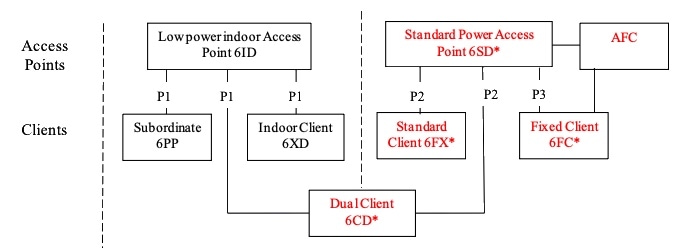
Update August 28, 2024: Updated the post regarding success with the iPhone 15 Pro using iOS 18 Beta 8 and Ruckus One firmware 7.0.0.200.6365.
Update May 9, 2024: Added new iPad Air/Pro models to the dual client list, and added how to find your FCC ID on your iPhone/iPad.
Finding Dual Mode Certified Clients
Finding out if a 6 GHz device supports SP is not easy. I have yet to see a manufacturer put it on their data sheet. However, you can use the FCC’s site to easily dump a full list of all 6CD certified devices. Here’s the process:
- Go to the FCC’s Generic Search form.
- In the lower half of the form change the Equipment Class to 6CD-15E.
- At the bottom of the form pick your results format. I used Excel.
- Click Start Search and wait a little for the download to start.
5. Open the Excel spreadsheet and search the data as needed. You can easily sort on any column you want, such as vendor. After you find the FCC ID that’s of interest, I used Google to ‘decode’ FCC ID into the corresponding product name and model.
Dual Mode Apple Clients
As of the publication date of this post, the following list are all of the Apple devices that support 6 GHz dual mode (6CD FCC certification):
11″ iPad Air (2024)
13″ iPad Air (2024)
11″ iPad Pro (2022/2024)
12.9″/13″ iPad Pro (2022/2024)
Mac Pro M2 (2023)
Mac Studio M2 (2023)
iPhone 15 Pro Max (2023)
iPhone 15 Pro (2023)
iMac M3 (2023)
MacBook Pro 16″ M3 (2023)
MacBook Pro 14″ M3 Pro/Max (2023)
MacBook Pro 14″ M3 (2023)
As you can see there are some notable missing products, like the whole MacBook Air lineup. The M3 MacBook Air supports 6 GHz, but isn’t certified as dual mode. In addition, non-pro iPads are also missing, as is the base model iPhone 15. It could be possible that firmware updates might add dual client mode, but I would not count on it. I would hope now that AFC is real and SP certified APs are coming on the market that manufacturers like Apple will do 6CD certifications for all 6 GHz capable devices.
On iPhone/iPads you can go to Settings -> General -> Legal and Regulatory to find your model number and FCC ID.
What if my device is NOT 6CD Certified?
If you want to use an SSID that is dedicated to 6 GHz and the AP is in SP mode, then your client device won’t even see the SSID. So in short, you are out of luck! If, however, the SSID is combined with another band, like 5 GHz, then your client device should automatically see the SSID (like always) and can connect using the non-6 GHz band. This is one reason why in my Ruckus Unleashed and Ruckus One Best practices guide that I recommend one SSID that combines both the 5 GHz and 6 GHz bands.
What if my device IS 6CD Certified?
You would think that if a device is 6CD certified, and thus can use SP mode, that the client would increase its transmit power within FCC limits. This may not always be the case. Since AFC only recently went live, and the number of AFC certified APs is tiny, it’s not entirely surprising there may be firmware or OS kinks to work out in the ecosystem. So this is a nice way of saying, even if you enable SP mode on your AP, client devices may not increase their transmit power accordingly.
In addition, in SP mode some 6 GHz clients might refuse to use the 6 GHz band or SSID. My iPhone 15 Pro, even though it is 6CD certified, doesn’t “see” my 6 GHz band when SP is enabled. My iPhone 15 Pro with iOS 17.x did not “see” the standard power 6 GHz band. BUT, with iOS 18.0 beta 8 my phone now seamlessly connects to a standard power 6GHz band. I also updated my APs with Ruckus One firmware 7.0.0.200.6365 at the same time, which may or may not have also played a role. Either way, I’m now keeping my APs in standard power mode.
I’ve heard second hand that the Pixel 8 may fully support SP mode. So your mileage may vary on device compatibility. Be sure to do testing! If you are using Apple devices, update to the very latest OS release to maximize the chances of success.
Standard Power 6 GHz Channels
Not all indoor 6 GHz channels are approved by the FCC for standard power. If you want to operate your indoor APs at standard power it’s important to restrict the APs to only using U-NII-5 and U-NII-7 channels in the US.
- U-NII-5: 1 – 93 Standard/LPI
- U-NII-6: 97-113 LPI Only
- U-NII-7: 117-181 Standard/LPI
- U-NII-8: 185-233 LPI Only
The figure below shows the standard power compatible channels when using Ruckus One and 160 MHz channels. Notice that for indoor APs I had to de-select channels 97-125, 161-221. This leaves 4 160 MHz channels available for standard power mode.
Summary
The 6 GHz Wi-Fi spectrum is complicated, and introduces the new concept of Lower Power Indoor (LPI) and Standard Power (SP) modes. SP mode is required outdoors, and can also be used indoors as well. Finding out which mode a device is certified for is not straight forward. However, you can dump the FCC database contents for 6CD clients to find out what has been certified. Only dual mode clients can connect to SP APs, so it’s worthwhile knowing the capabilities of your clients. You may need to do an OS update for your device to enable standard power compatibility, like I did with my iPhone 15 Pro to iOS 18 Beta 8.
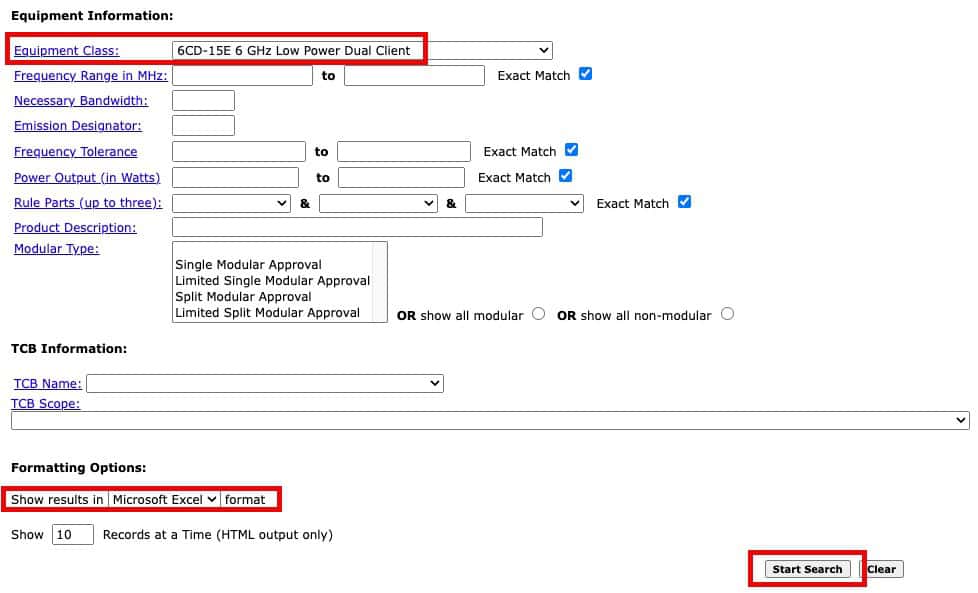

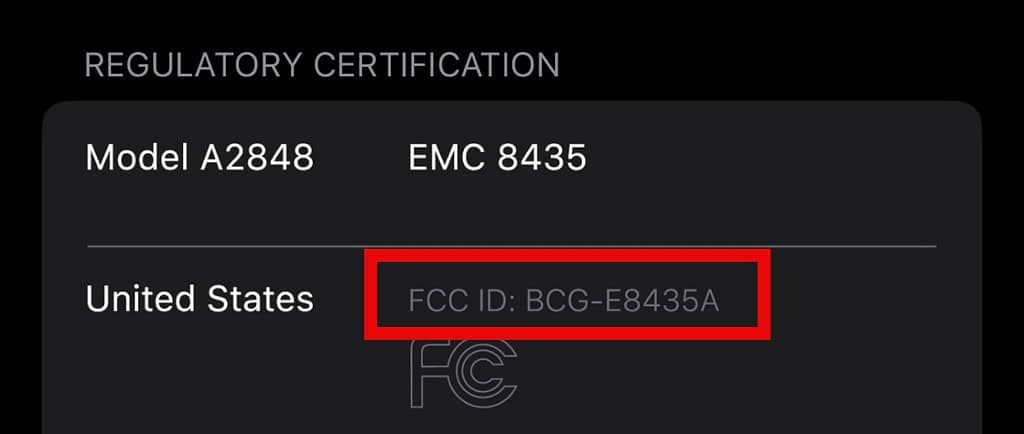


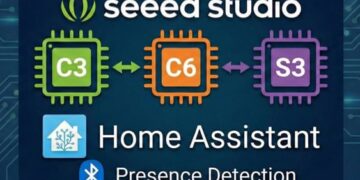
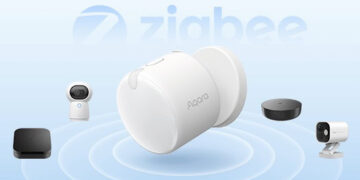


Does the (non-pro) iPhone 15 even have a 6GHz capable chipset? I was under the impression that it does not. The specs from Apple only show it as Wifi 6 and not 6E.
Great writeup though- the FCC lookup links and items to search are great info.
No, only the iPhone 15 Pro/Pro Max have a 6 GHz radio.
Derek, thank you very much for this article.
Very useful information. Device manufactures would rather bring out a new device rather than recertify and old device for Standard Power